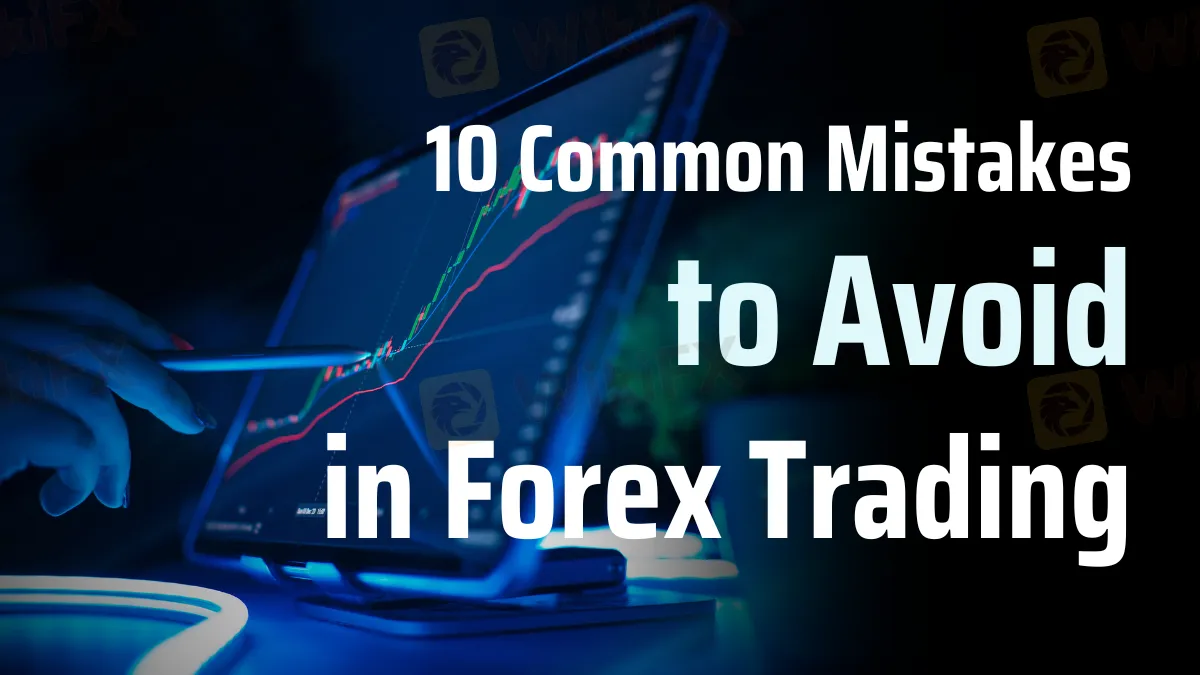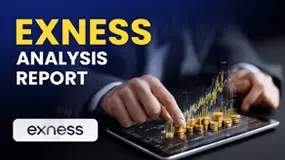Abstract:This article outlines 10 common mistakes to avoid, including emotional trading, over-leveraging, and broker selection pitfalls. Discover strategies for success and protect your investments.

With its potential for large profits, forex trading draws investors into its ever-changing world. But among the attraction of possible gains are several traps that might trap the careless trader. This extensive book covers 10 of the most common errors that Forex traders should be careful to avoid and provides in-depth analysis and tactics to enable them to confidently and prudently negotiate the turbulent waters of the Forex market.
1. Getting into Beginner Pitfalls
Several novice traders encounter various obstacles as a result of their inexperience. Novices should exercise caution as they can be interacting with intricate market dynamics or harboring irrational hopes for future profits. Market illiterates are more likely to act rashly and make emotional decisions.
2. Preventing Emotional Decision-Making
Emotions may be a trader's worst enemy and best friend. Unwise choices that jeopardize long-term success might result from the attraction of fast money or the dread of possible losses. Tradesmen who want to survive the emotional rollercoaster of Forex trading need to develop emotional resilience, stick to predefined plans, and refrain from acting impulsively out of fear, greed, or uncertainty.
3. Managing the Dangers of Over-Leveraging
Leveraging raises the possibility of large losses, even though it might increase possible profits. Traders who overleverage—that is, use high leverage ratios—are more likely to experience big losses and greater volatility. Protecting capital and preserving long-term sustainability need prudent risk management techniques, such as using leverage sensibly and establishing suitable risk limits.
4. Using Powerful Risk Management Techniques
Trading forex successfully depends on your capacity to control risk well. Traders who want to protect their money from negative market swings need to put strong risk management plans in place. Stop-loss orders are one method for mitigating potential losses; portfolio diversification spreads the risk over multiple assets or currency pairs; and position size is another method for correctly matching risk tolerance levels.
5. Developing a Specified Trading Strategy
A well-defined trading strategy is what drives success in forex trading. It describes general trading techniques, risk management guidelines, entry and exit standards, and explicit goals. Followers of a well-designed trading strategy may keep their approach disciplined, focused, and consistent, which increases their chances of long-term success.
6. Recognizing the Value of Technical and Fundamental Analysis
Essential instruments in a trader's toolbox, fundamental and technical analysis provide insightful information on the dynamics of the market and price swings. Technical analysis looks for possible trading opportunities using chart patterns, trends, and indicators; fundamental analysis assesses economic indicators, geopolitical events, and central bank policies to determine currency values. Any kind of analysis ignored might leave traders unable to make wise judgments, which raises the possibility of expensive errors.
7. Steer Clear of Frequently Mistaken Broker Selection Pitfalls
Success as a trader depends critically on selecting the appropriate Forex broker. However, when choosing a broker, many traders become victims of typical mistakes. These include choosing brokers that provide fewer trading tools, expensive transactions, little regulatory supervision, or subpar customer service. Trades should do extensive due investigation, looking into the reputation, regulatory status, and trading circumstances of possible brokers, before deciding to avoid these traps.
8. Protecting Against Forex Scams and False Schemes
Unfortunately, there are numerous frauds and schemes in the Forex market that take advantage of traders' desire for quick and easy money. Ponzi schemes, phony signal services, and unlicensed brokers offering certain profits are examples of frequent fraud. Traders who want to avoid fraud should be on the watch, conduct extensive research, and only engage with reputable brokers and service providers with a proven track record of reliability.
9. Accepting the Trading Discipline of Success
Forex trading success mostly depends on discipline. It means following trade plans exactly, learning emotional restraint, and sticking to set rules and tactics. Trading with discipline helps traders avoid making snap decisions, maintain attention to their long-term objectives, and calmly and resiliently ride out the market's inevitable ups and downs.
10. Ten Ways to Reduce Overtrading Risks
Excessive trading activity and snap decisions that define overtrading may lower earnings and worsen trading results. Often, the motivation is to take advantage of transient possibilities or swiftly make up for losses. Traders who want to prevent overtrading need to practice discipline, establish reasonable trading objectives, and follow disciplined trading methods. Through a well-rounded strategy and putting quality ahead of quantity, traders may reduce the dangers of overtrading and protect their wealth for long-term, steady development.
In conclusion, despite having enormous profit potential, forex trading is not without its risks. In the dynamic and always-changing world of forex trading, traders may increase their chances of success and reach their financial objectives by carefully avoiding the typical errors described in this book and using solid trading principles.










